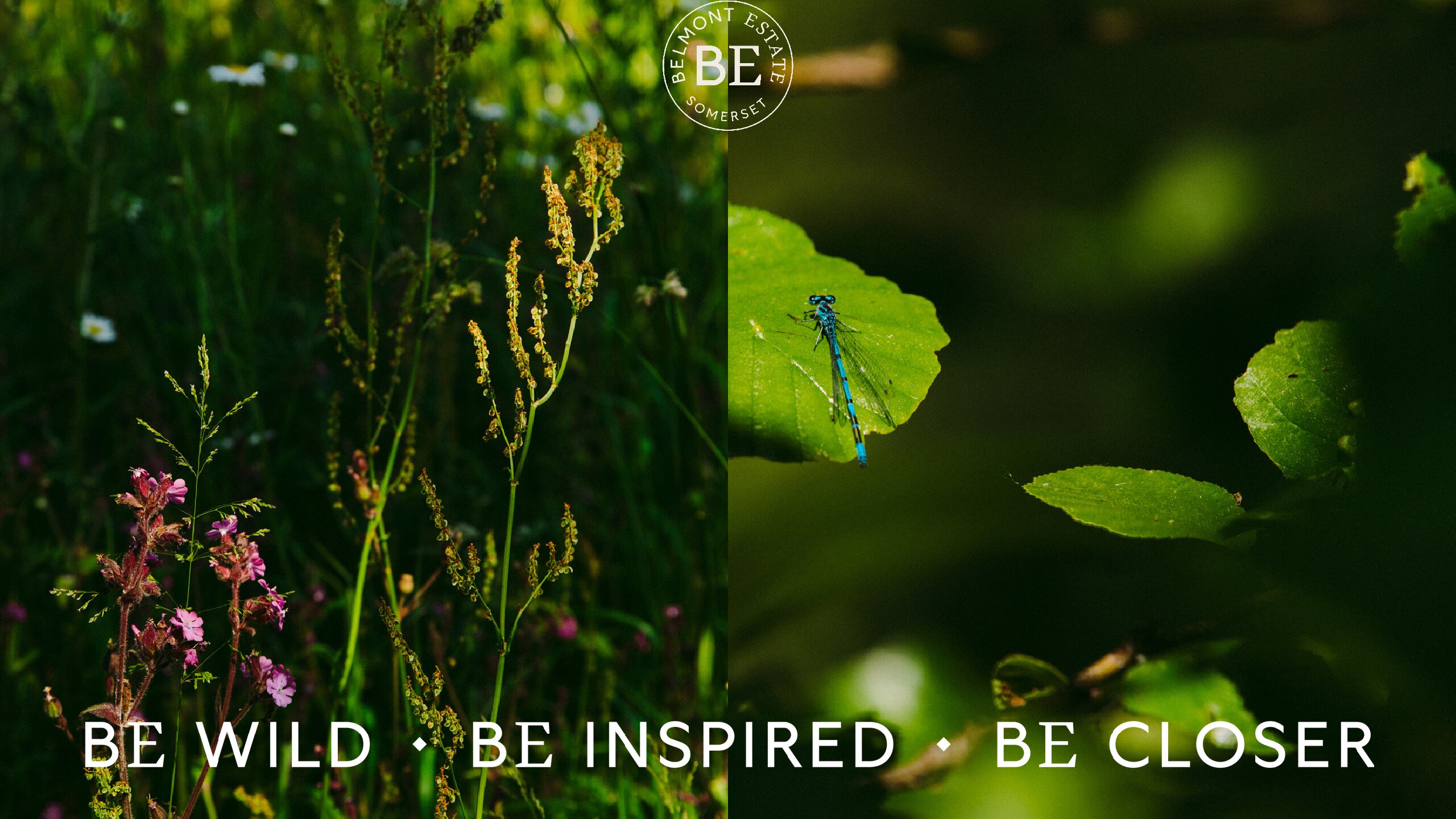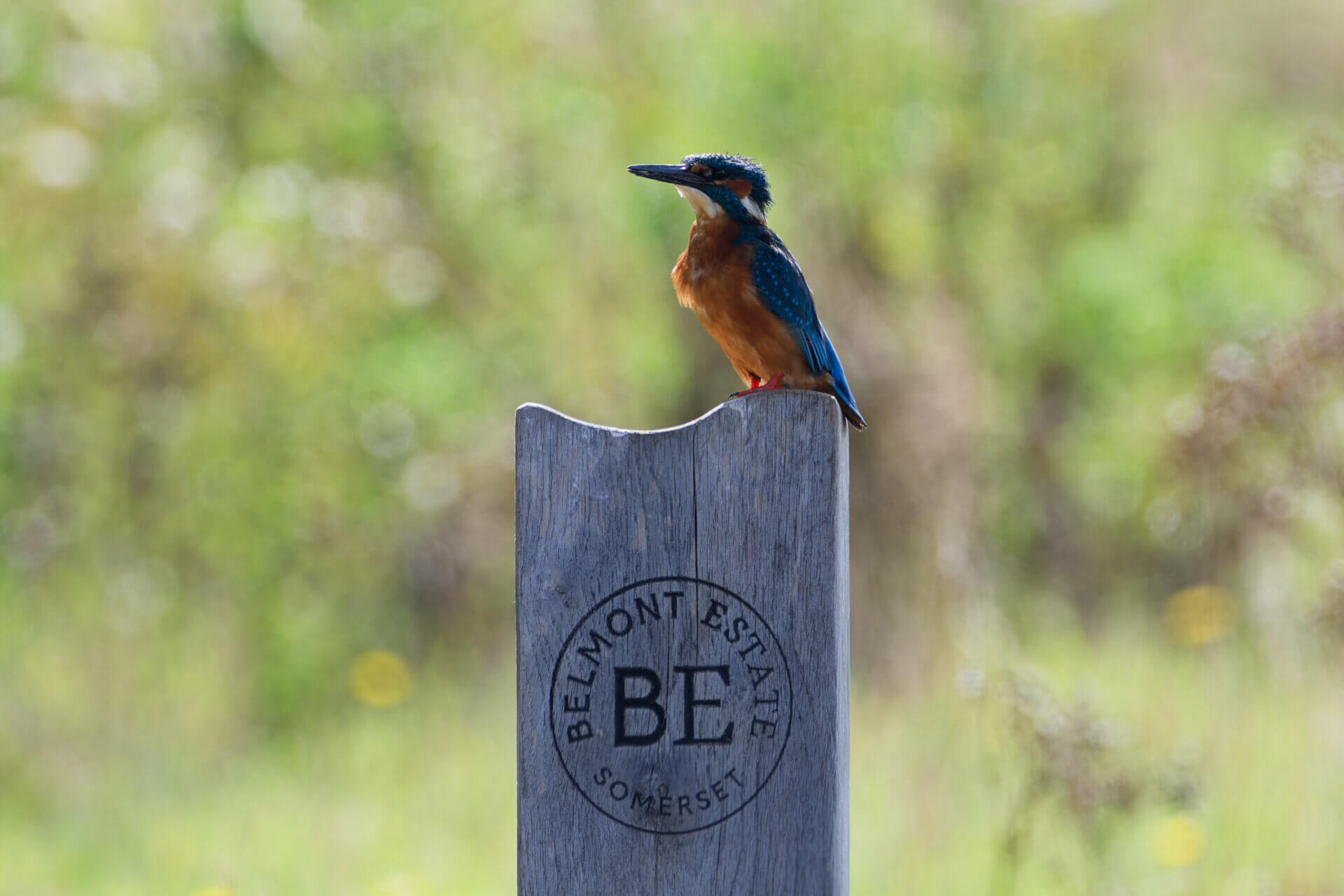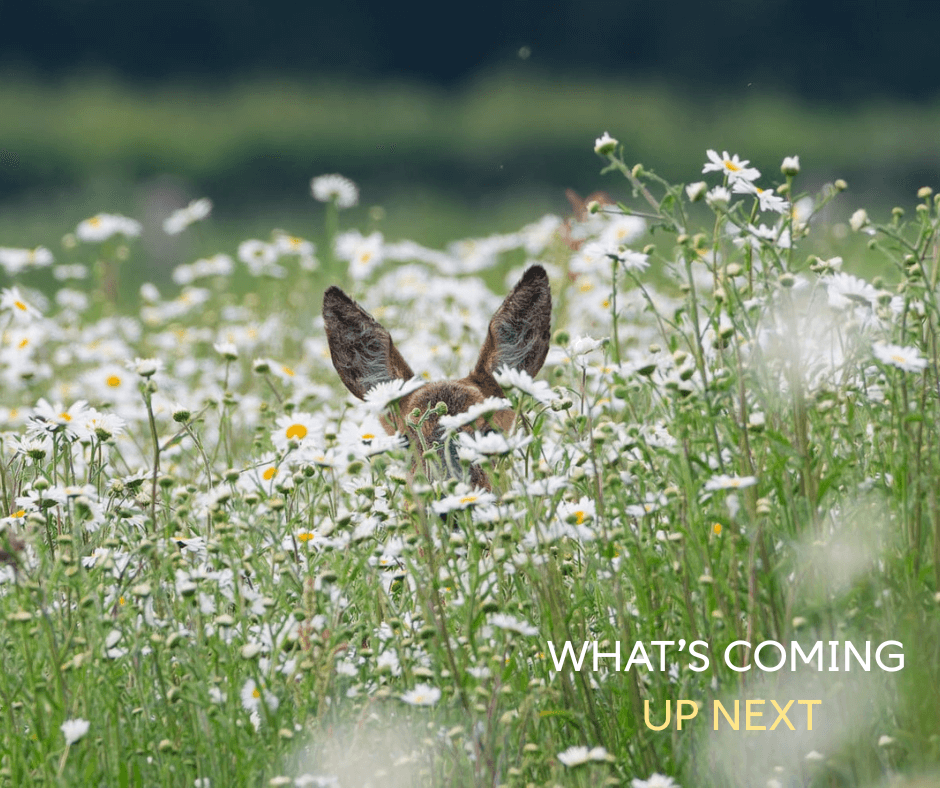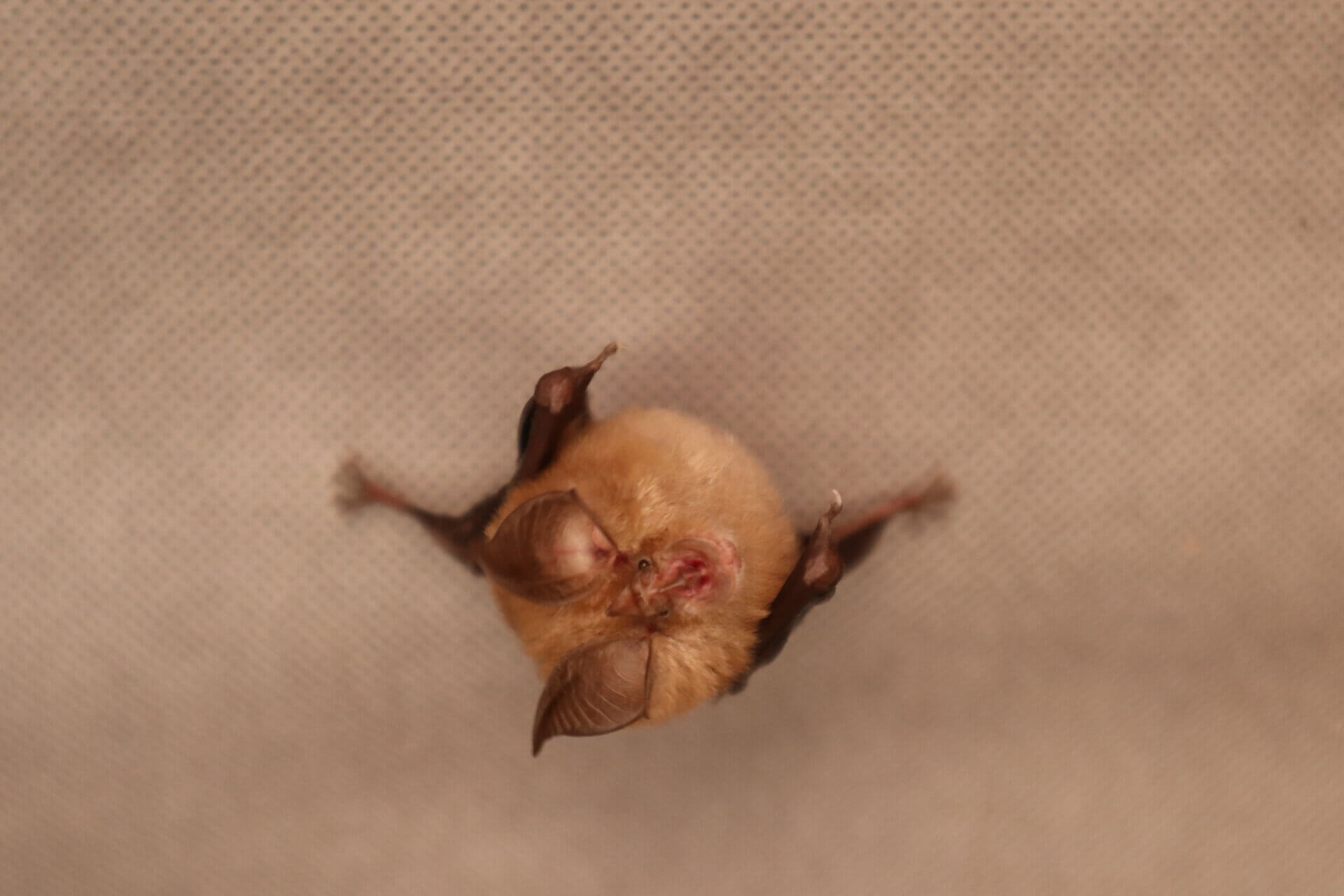
Nature Notes: September
Welcome to the September edition of Nature Notes, our monthly newsletter celebrating the people, places, and projects of Belmont.
September blew Autumn in with gusts of wind and torrents of rain. While this weather may not be ideal for sunbathing or drying laundry outside, part of reigniting our connection to nature is removing bias around what is ‘good’ or ‘bad’ weather.
Cold, wet weather might not be everyone’s favourite, but for otters, frogs and plants such as ferns, it is their perfect environment. Extreme winds can be dangerous yes, but wind also provides valuable transportation of seeds or assist trees in shedding their summer outfit of leaves.
As the clouds become heavier with the change of seasons, acknowledging weather as it is rather than as subjective allows us to accept, and ultimately, embrace it.

Bird’s Eye View: Belmont’s Flying Fellows
When you step into Belmont, you are not just entering the Estate but sharing the space with a myriad of species, from nestled in soil below your feet to walking alongside your ankles. However, often missed is the community swooping over your head, birds gathering and travelling through the sky in all weather. As of Autumn, there are 104 recorded bird species; from the tiniest Goldcrest to the vast wingspan of a Grey Heron, these birds are spread across the sites from the wetlands of Watercress to the branches of Belmont Woods.
This September saw the spectacular sighting of a Turtle Dove! The unique bird is on the cusp of extinction in this country, being on the Red List in the UK since 1996. Red is the highest conservation priority, with species on this list needing urgent action. To be able to discover one truly shows the testament of the importance of rewilding for fighting the biodiversity of crisis this country is facing.
We also had the delight of hosting a White Stork, a scarce sight in this part of the world. Just pausing for a rest at Watercress Farm, it was so special to witness this rare bird stopping by, a hopeful reminder that we can still protect and conserve our wildlife.
So next time you’re in nature, pause to see what aviators are around you. Watch for a blue flash of a Kingfisher or hear the squawk of a Jackdaw. Or maybe just imagine how small everything looks from above, think about the bigger picture the way birds see it.
For a chance to see some of these birds yourself, come along to our Bird Walk on the 9th of November. Be guided by as expert as you explore Watercress Farm in search of these amazing creatures.

Looking forward to October
It’s the start of another academic year, which also means that our Nature Connection for schools is starting again. Being back in the classroom often distances and distracts students from nature, coupled with the stresses of curriculum learning. Bring along a class for our school Nature Connection and experience three sessions throughout the year, a perfect opportunity to reflect on the seasonal changes as well as self-exploration. Expect students to feel grounded, but also the giggles.
We are delighted to host two Pastel de Natures in October; the first will be held on the 2nd of October, involving a ‘netwalk’ around our wetlands at Watercress Farm, led by Martin Williams our Head of Nature Connection. Afterwards will be a chance to connect and collaborate over coffees, tea and pastel de natas.
Later in the month is our Pastel de Nature x Martin Hartley, a unique opportunity to hear about Martin’s expertise with Arctic Sea ice and experiences as a Polar explorer. A passionate adventurer and talented photographer, Martin will talk about our connection to sea ice and his predictions for its future. Enjoy some Portuguese pastries and refreshments along with further chances to network.
On the 15th of October, come listen to our panel on Nature Positive Business. Held at Watercress Farm, we are honoured to be joined by guest speakers from Eunomia, Landsmith Associates, West of England Combined Authority and British Retail Consortium, as they discuss the transition from sustainability to regeneration in business. This event is perfect for business leaders, sustainability professionals, land managers and anyone eager to learn more about how their business can immerse themselves in nature-based solutions.
Join us at Watercress Farm on the 29th of October for a screening of Six Inches of Soil. An uplifting documentary, it observes how regenerative farming is standing against industrial food systems to transform not only the way we farm but the way we live. Spend a cold October evening feeling empowered and challenged by this film, as well as enjoying cold drinks, organic popcorn and other snacks.

Bat Survey at Watercress Woods
Our Wildlife Volunteers and members of staff watched licenced professionals catch and observe bats as part of the National Barbastelle and Bechstein’s Survey set up in collaboration with Vincent Wildlife Trust.
Starting in the evening, the set up began at Watercress Woods as the sun set, beckoning the bats out into the darkening sky. Using harp traps and mist nets, the bats flew into the invisible strings that then cradled the creatures to be examined. The bats caught could be then tagged with transmitters and radio tracked, the resulting information rare and vital for understanding these extraordinary creatures. In total, 14 bats were caught and recorded for the project, a variety of male, female, juvenile and adult. There were 6 different species identified: Soprano Pipistrelle, Common Pipistrelle, Lesser Horseshoe, Natterer’s, Brown Long-Eared and Whiskered.